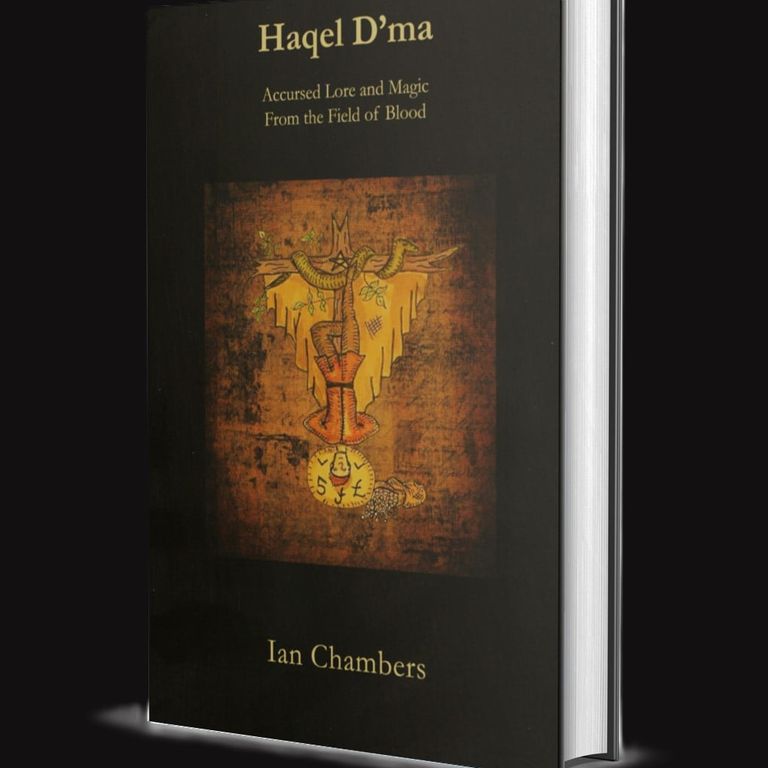My latest book, Haqel D'ma: Accursed Lore and Magic from the Field of Blood, is available form Ninth Circle Press, as well as good, independent book sellers. These include Treadwells, Atlantis Books, and Watkins in London, Courtyard Books in Glastonbury, and Miskatonic Books in the USA.
Ian Chambers is a long-time practitioner of traditional forms of witchcraft and folk sorcery through the fields of magic, mysticism, philosophy and history. Ian has studied both solitary and with a few craft groups, taking a broad purview of the subject as a practitioner scholar. A selection of Ian's writings has appeared in various magazines, including The Cauldron, White Dragon, and The Hedgewytch, as well as more recent essays in The Enquiring Eye, and Coire Ansic. Ian's first book, The Witch Compass: Working with the Winds in Traditional Witchcraft was published by Llewellyn in 2022.
If you would like to support my work, please consider buying me a coffee. Follow te link below.
Aztya's Throng - Substack
“It is said that under the auspices of a sorcerer named ‘Aztya’, the sect of the Yatukih performed rites of inversion, based upon the Zoroastrian var nirang — Ceremony of the Ordeal, in opposition to the orthodox practices of the day.” — Andrew D. Chumbley, Qutub, also called The Point.
In occult circles, few concepts are as frequently invoked—and as little understood—as liminality. Often romanticized, liminality becomes an easy banner for mystery, transition, or ambiguity.
The Witch, in all cultures, never was intended to give comfort, ease dissatisfaction with our lot, justify our sojourn into nature, or a fantastical daydream of moonlit reverie.
Long Compton, Warwickshire, England, has long had a reputation for being a home to one of the oldest coven’s in British Witchcraft lore. Within this writer’s lifetime, it was often thought that Shakespeare, growing up in nearby Stratford upon Avon, drew from this coven for the witches in MacBeth.
